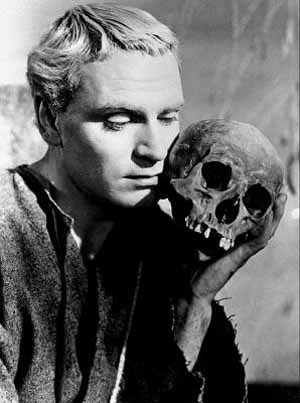The Early
Modern English involves a series of grammatical changes in four large groups: nouns, adjectives, pronouns and verbs. This entry will deal with the two first categories.
Regarding nouns, two changes happen: the use of
the particle –s in order to form plurals and the appearance of the <<his genitive>>.
The objective of his genitive is the union of two nouns based on the
contraction of the pronoun “his”. We can find an example in the play King Lear
of Shakespeare:
 |
| William Shakespeare. |
Nowadays we
still retain the particle –‘s in order to mark the possessive “his”.
In relation
to the adjectives, there are set different
particles that give the adjective a comparative or superlative degree. Currently
monosyllables take -er and -est (inflected forms) while adjectives with two
syllables or more take more and most (periphrastic forms). In the following
excerpts from works of Shakespeare we can see these changes:
A Midsummer Night’s Dream: “Marry, our play is The most
lamentable comedy and most cruel death of Pyramus
and Thisbe.”
Also, it is
frequently used the double comparative or the superlative, in which case an
inflected form and a periphrastic form appear together to emphasize the meaning
of the adjective.
Hamlet: “Your wisdom should show itself more richer
to signify this to the doctor.”
Cymbeline: “From this most bravest vessel of the
world”
the stars are fire;
Doubt that
the sun doth move;
Doubt truth
to be a liar;
But never doubt I love"


No comments:
Post a Comment